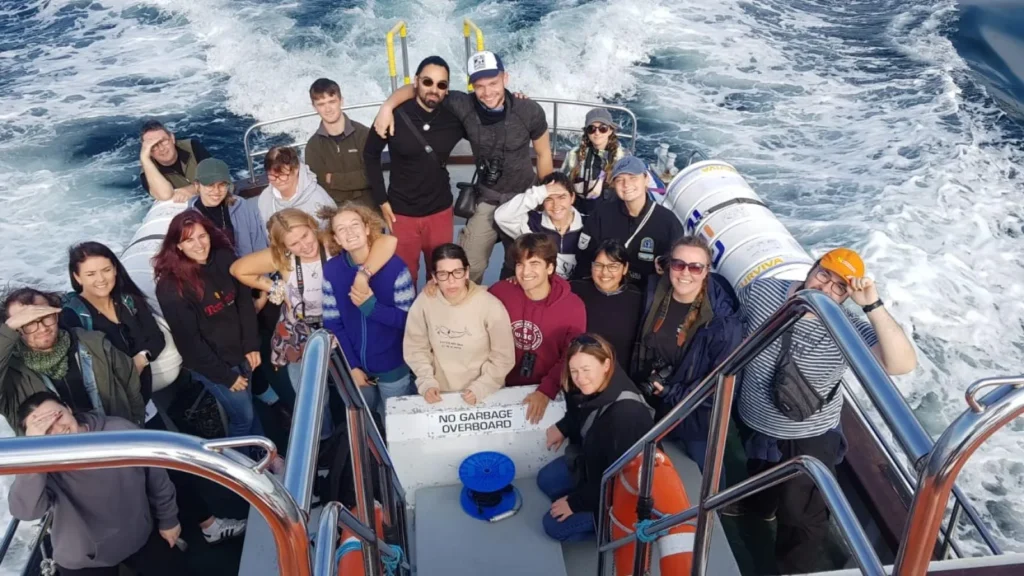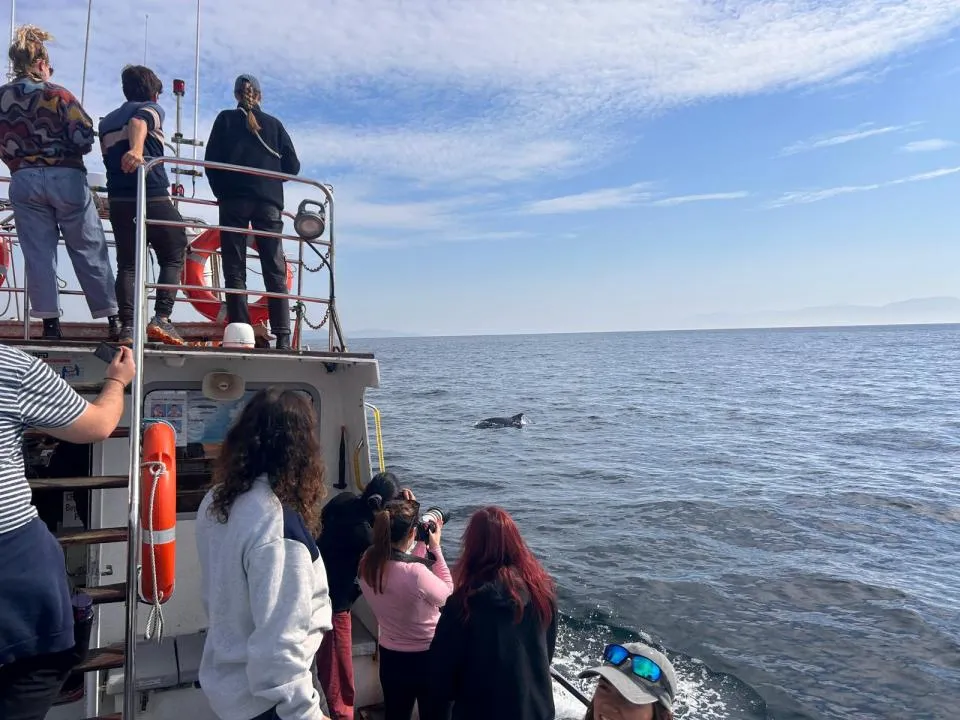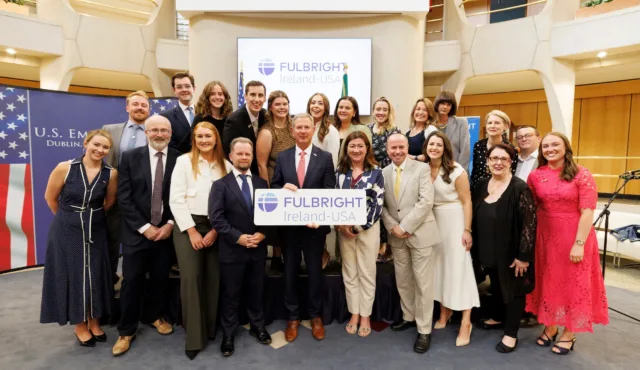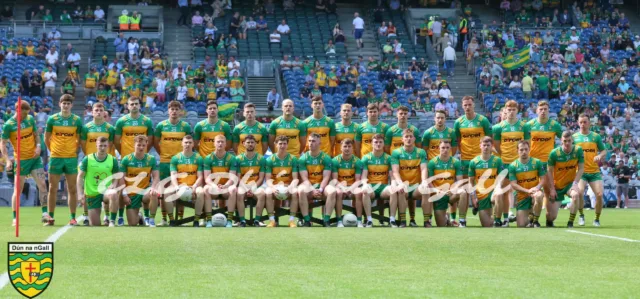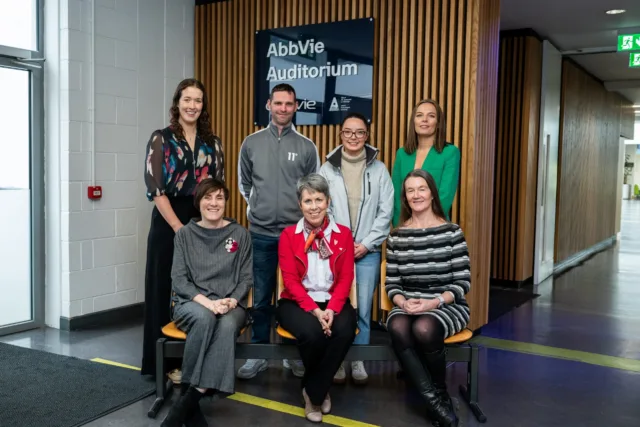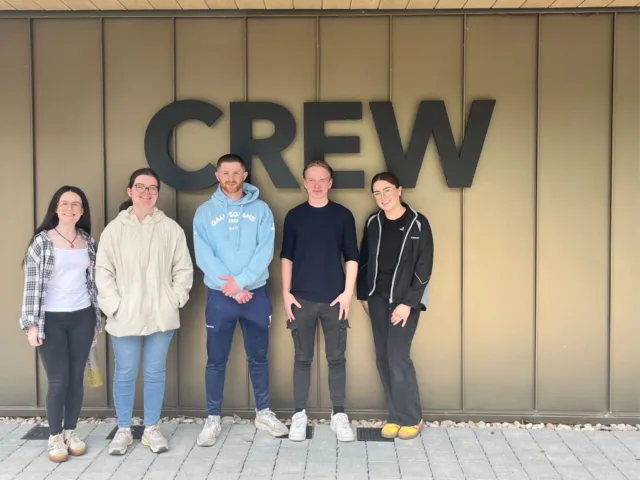ATU students’ delight at close-up sightings of whales and dolphins on first expedition
ATU Marine Science Masters students couldn’t believe their eyes when spotting whales and dolphins in abundance off the Blasket Islands on their very first marine expedition recently (Friday, 20 September 2024).
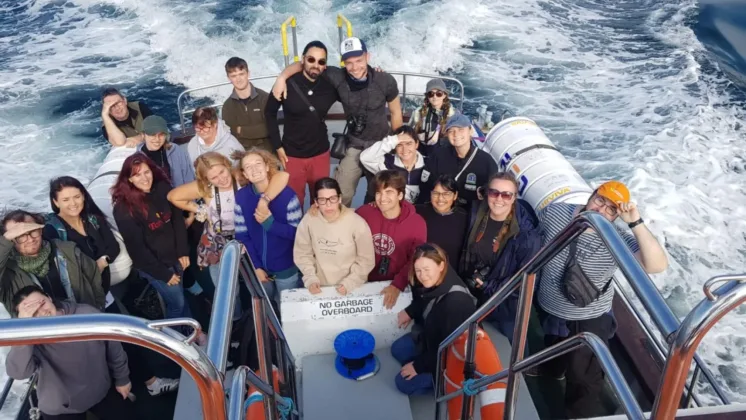
Fin, humpback and Minke whales, bottlenose and common dolphins in abundance off Blaskets
ATU Marine Science Masters students couldn’t believe their eyes when spotting whales and dolphins in abundance off the Blasket Islands on their very first marine expedition recently (Friday, 20 September 2024).
Accompanied by their lecturer, leading Marine Scientist Dr Joanne O’Brien, on board the Blasket Princess, the students were learning in real time how to monitor the waters for the animals as the vessel made its course towards the islands and open sea. Within 20 minutes they were jumping for joy on the flying bridge when spotting bottlenose dolphins and very soon after fin whales. By the end of the five hour trip they had all identified fin, humpback and Minke whales, as well as bottlenose, harbour purpoise and common dolphins with their young. They also saw Great, Manx and Sooty shearwaters as well as an abundance of gannets and even puffins. A highlight was the Grey seals hauled out on Great Blasket Island.
The students are studying the postgraduate Master of Science in Conservation Behaviour and Master of Science in International Marine Biological Resources (known as the IMBRSea) and come from Ireland, Norway, Italy, Spain, Portugal, Hungary, Cape Verde and Brazil.
“We were extremely lucky to encounter so many species and for humbacks to put on such an amazing display”, says Dr Joanne O’Brien;
“This was a first for many of our students and it was so nice to see them so excited, engaged and passionate about the conservation of these amazing animals. They learned survey technigues and how to put together ethograms which record how the animals interact with each other and with the surrounding environment. They also learned about the threats and pressures these animals face.”
Skipper Vinnie Brown says the numbers of sightings this season is well up on last year when the whales moved away up up the coast to Mayo and Donegal to feed, possible due to the spike in temperate in May.
Student Ricardo de Almeida Mendez from Cape Verde, second year on the Master of Science in International Marine Biological Resources, says it was the best marine expedition he was every on and his first time ever to encounter Fin whales which was thrilling for him.
Leanne Tuohy from Louth, first year student on the Master of Science in Marine Conservation, was delighted to be out on the boat so soon after starting the course. She says while her undergraduate degree (Zoology) covered terrestrial animals she chose the masters because of her wider interest in marine animal behaviour and hopes to have a career in research.
The expedition guide Jon Biddle shared with the students his knowledge of birds and marine species throughout the expedition, telling students about recent sightings of the white tailed eagle in west Cork, Killarney and other western seaboard counties.
For further information on ATU’s marine science postgraduates programmes and the undergraduate programme Bachelor of Science in Applied Freshwater and Marine please visit the ATU website www.atu.ie.
